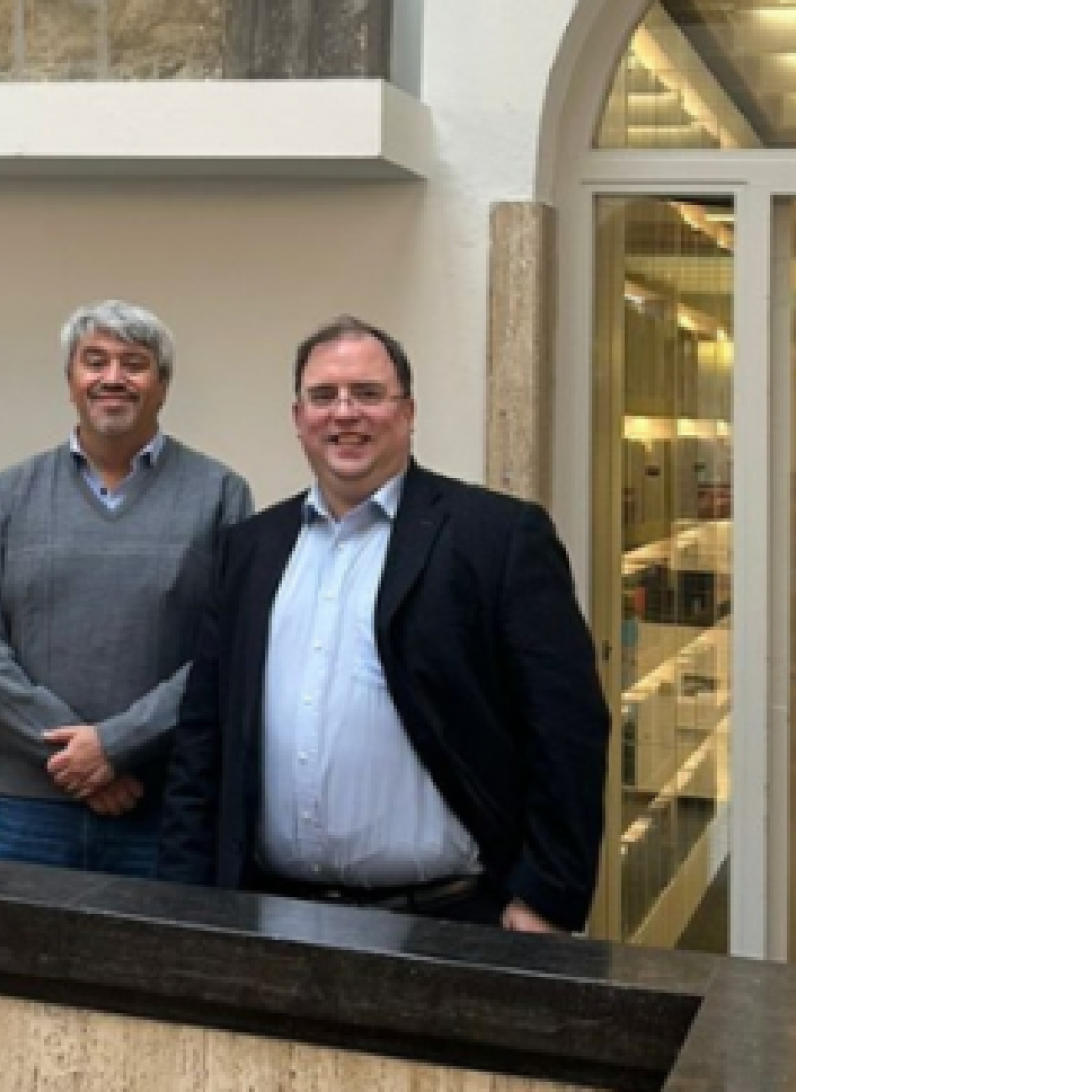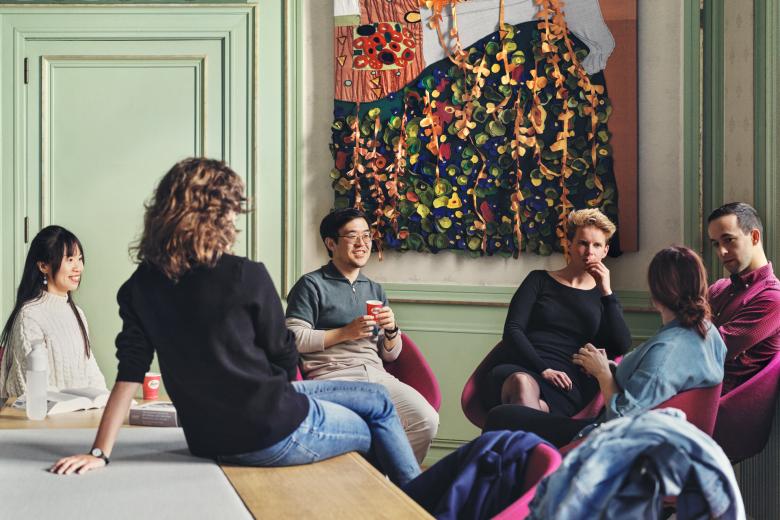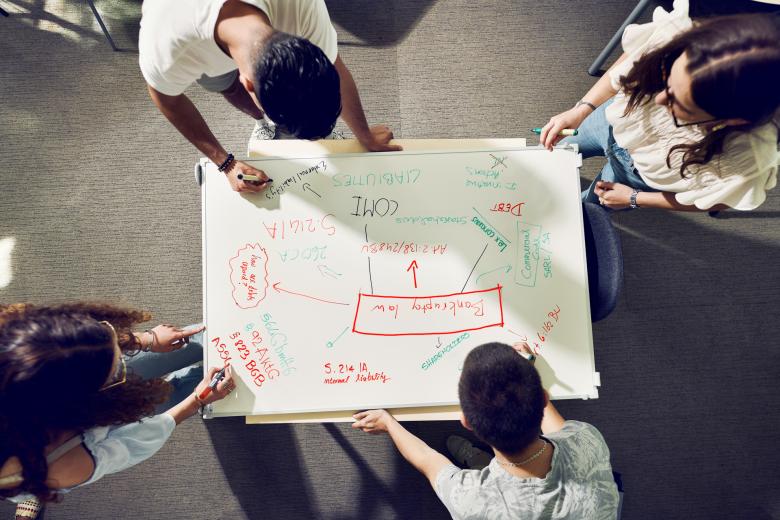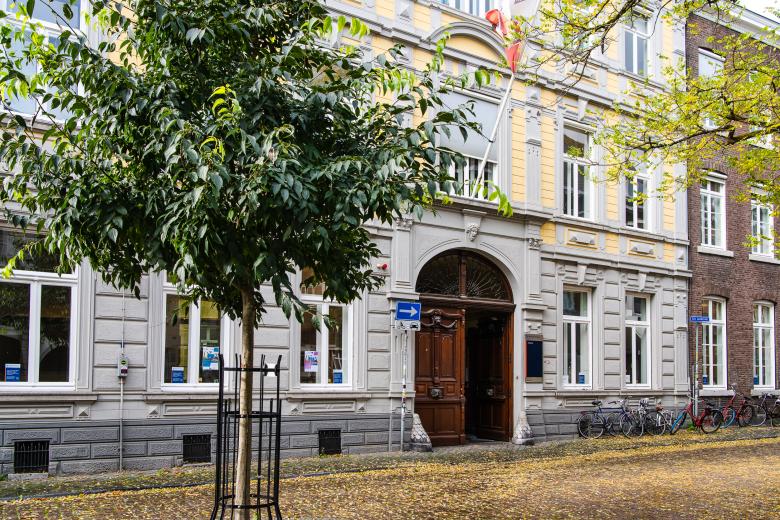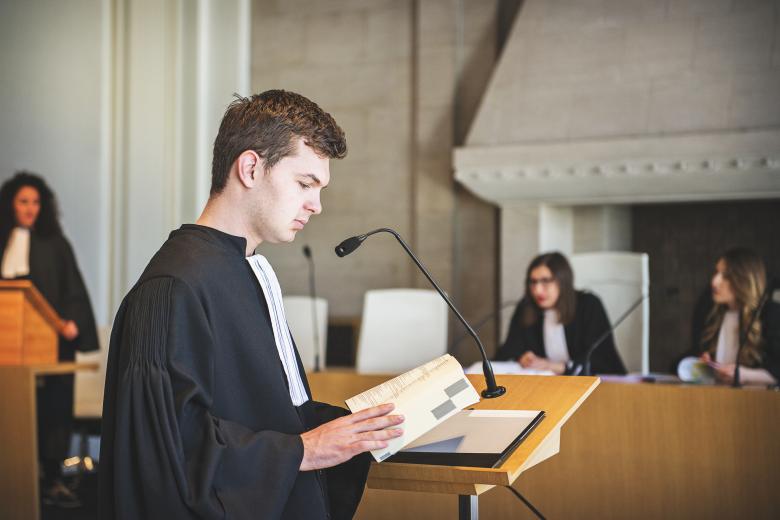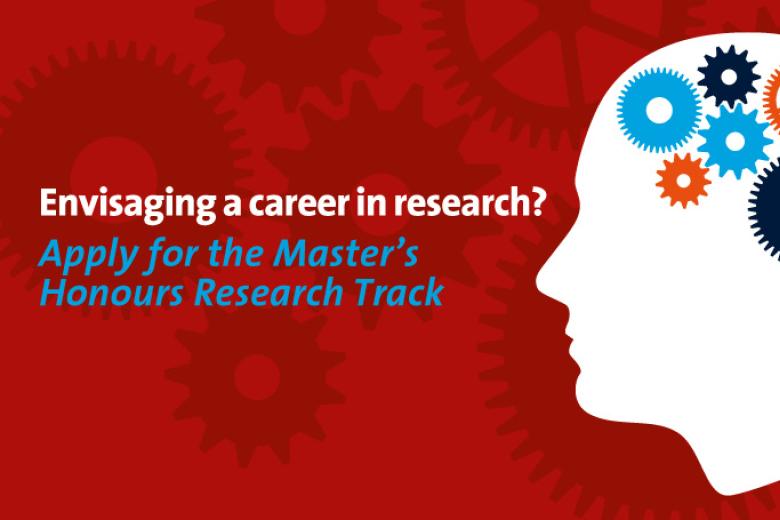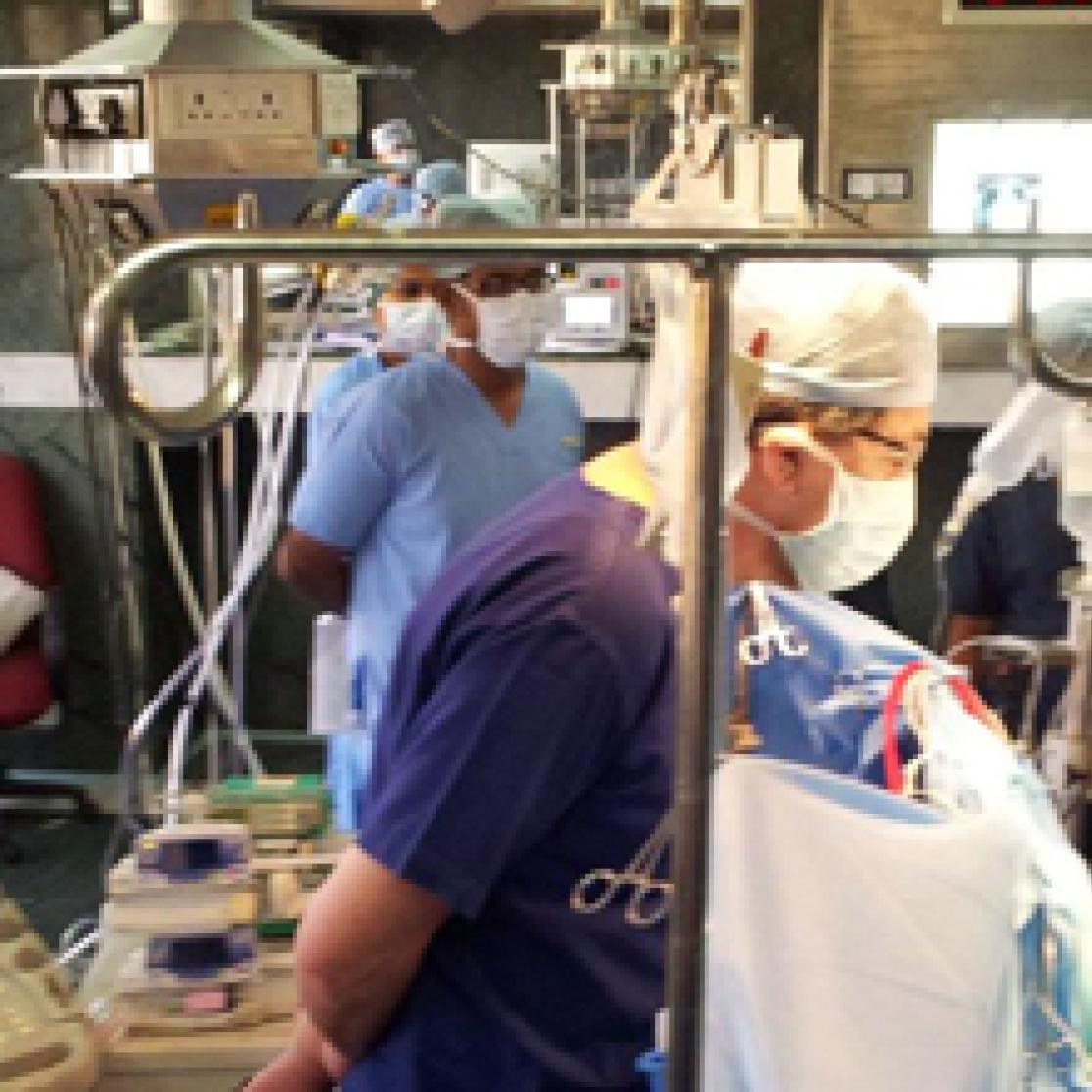Graduate School of Psychology and Neuroscience
The Graduate School of Psychology and Neuroscience (GSPN) is an umbrella organisation for all PhD students of the Faculty of Psychology and Neuroscience (FPN), comprising about 90 internal and over 100 external PhD candidates, and still growing. The Graduate School optimises education and training of PhD candidates, facilitating and monitoring the quality and progress of research projects. The School also functions as a cohesive research community for PhD researchers.
Visit the website of our Graduate School
